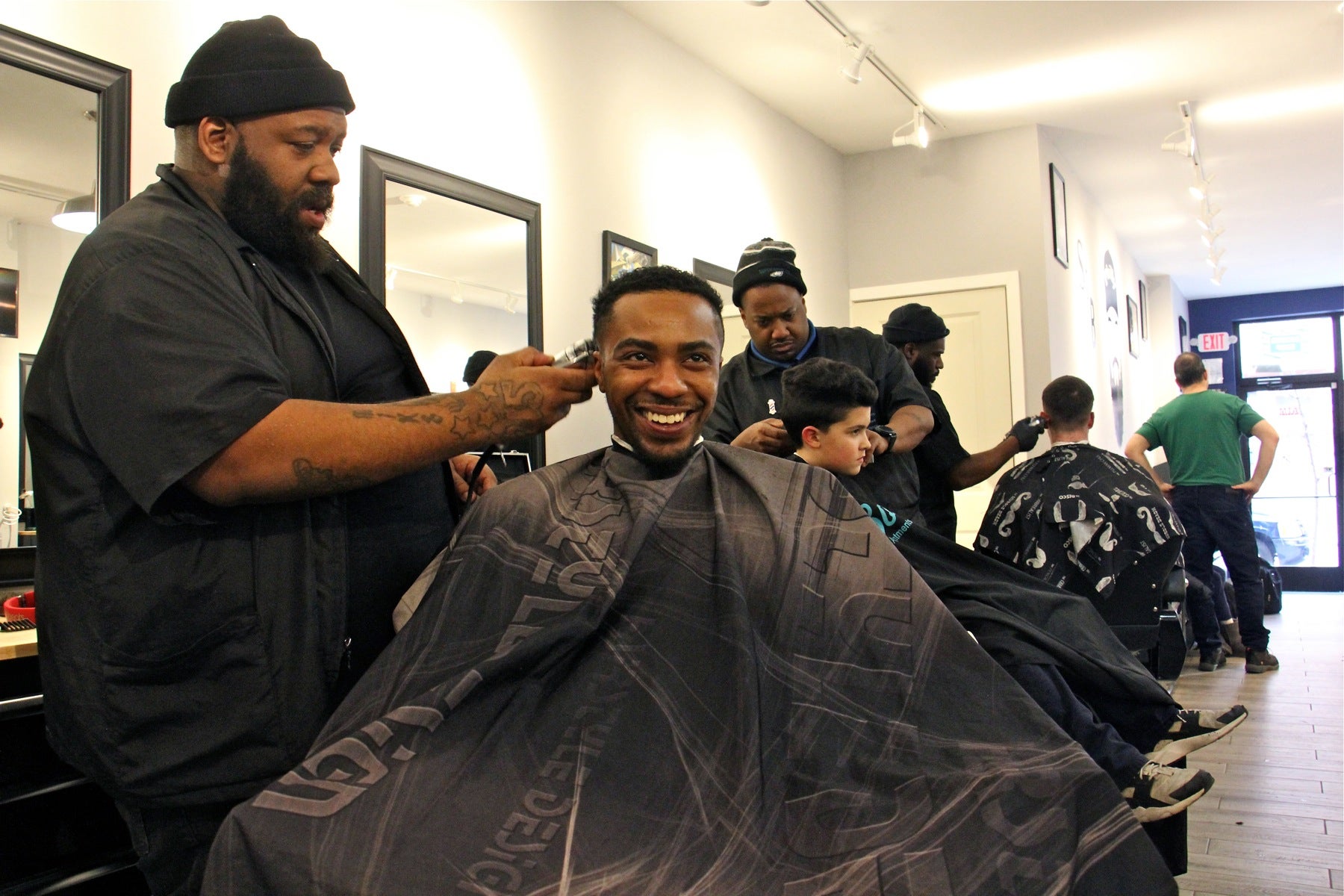Barbers as Cultural Stewards Molding Community Character and Bonding in NYC Metropolis
Barbers as Cultural Stewards Molding Community Character and Bonding in NYC Metropolis
Blog Article
Barbershops in NYC are not only locations to get a trim; they function as crucial community centers that help shape neighborhood identity and nurture connections among locals. These businesses have a rich history in city settings, acting as gathering spots where people from diverse backgrounds come together. In many areas, barbershops are often the initial venue where clients can engage in conversations about community issues, share stories, and build relationships. This unique role makes barbers not only skilled professionals but also community curators who add to the social fabric of their communities.
The atmosphere in a barbershop is often lively and welcoming, creating a setting where clients feel at ease expressing themselves. Barbers are known for their skill to engage with patrons, often participating in discussions that span from athletics to current events. This engagement helps to create a feeling of belonging among patrons, as they share their stories and viewpoints. In many cases, barbershops reflect the cultural diversity of the areas they support, showcasing different hairstyles, grooming techniques, and even music that connect with the local population. This social exchange enriches the experience for everyone involved and strengthens community ties.
Barbershops also play a significant role in preserving cultural traditions. Many barbers have been trained in specific techniques that are passed down through ages, guaranteeing that unique styles visit this page and practices are not lost over time. For example, certain haircuts and grooming methods may be tied to cultural heritage, allowing clients to show their identity through their look. By upholding these customs, barbershops help to preserve cultural stories alive, providing a sense of pride and continuity for community members.
In addition to their cultural significance, barbershops often engage in community outreach and support local initiatives. Many barbers take an active role in addressing social issues, such as learning and health education, by organizing events or offering resources to their clients. This involvement demonstrates a commitment to the well-being of the community and fosters a sense of responsibility among barbers. By using their platforms to promote positive development, barbershops become essential players in the local area, further reinforcing their role as cultural curators.
In conclusion, barbershops in New York City serve as crucial spaces for cultural exchange, community building, and identity formation. They provide a unique environment where people can bond, exchange, and honor their diverse backgrounds. As cultural curators, barbers not only shape the way people show themselves but also affect the broader social dynamics. By understanding the importance of these establishments, we can appreciate the vital role they have in building connections and maintaining cultural heritage in urban settings.